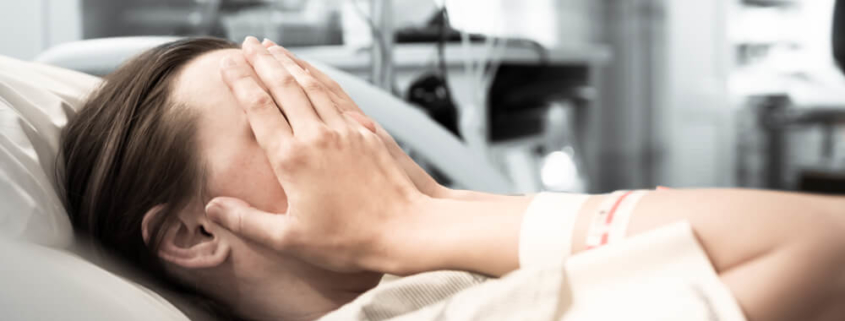Hospital Suing Patients Over Medical Debt Despite Pandemic
You would think that of all people medical providers would understand the importance of cutting folks some slack during the pandemic. But that is not the case. Hospitals are starved for cash since people have been delaying medical treatment and staying away from the doctor unless it is an emergency. To try and stay in the black, some hospitals are being very aggressive with their debt collection tactics.
A report from Axios found that hospitals across the South eased up on debt collection during the early days of the pandemic, but cranked up the pressure this summer. Some providers are now suing past patients in an attempt to recover debts.
At Padgett & Robertson, we have a lot of experience assisting debtors in the Mobile area who are struggling to pay off medical debts. For many, filing for personal bankruptcy is a good option.
How common is medical debt?
The first thing to understand is that you are not alone. Twenty-one percent of Alabamians have a healthcare-related bill in collections. Many of the clients our firm assists have some sort of medical debt. There is no reason to let medical debt control your life.
Medical debt is what is known in the financial and legal worlds as an unsecured debt. This means it is not attached to any sort of collateral. Compare this to a mortgage, which is tied to the property, or a car loan, which is tied to a vehicle. Both mortgages and car loans are considered secured debt because the lender can foreclose or repossess, and take the object the debt is tied to in exchange for releasing the debtor from their repayment obligations. Creditors who hold unsecured debts don’t have this option. What they do have is the ability to harass debtors by filing collection lawsuits.
However annoying collection calls and lawsuits are, unsecured debt is the best kind of debt to have. Debts who file for a “fresh start” bankruptcy under Chapter 7 of the bankruptcy code can have most of their unsecured debts discharged, which is the legal term for forgiven.
Other types of unsecured debt include credit card debt, utility bills, and certain retail installment contracts like gym memberships.
The downside to filing for bankruptcy under Chapter 7 is that the debtor may have to give up or sell off certain assets they would prefer to hang on to. If this is a concern, Chapter 13 may be a better option.
If you file for Chapter 13 bankruptcy, you will be put on a multi-year, court-supervised repayment plan. The goal is to help the debtor catch up and pay back all the debts owed over a period of years, including your unsecured debts.
The COVID-19 pandemic is making life challenging enough. There is no need to make it worse by living under the weight of crushing debt, or letting debt collectors push you around. If you are being asked to pay an unrealistic amount of money to a medical provider, or even being sued over your unpaid debts, it is time to speak with an experienced bankruptcy attorney. The attorneys at Padgett & Robertson can help you figure out what your options are, and put you on the right path to move forward. Please contact us today to schedule a free initial consultation.





Leave a Reply
Want to join the discussion?Feel free to contribute!